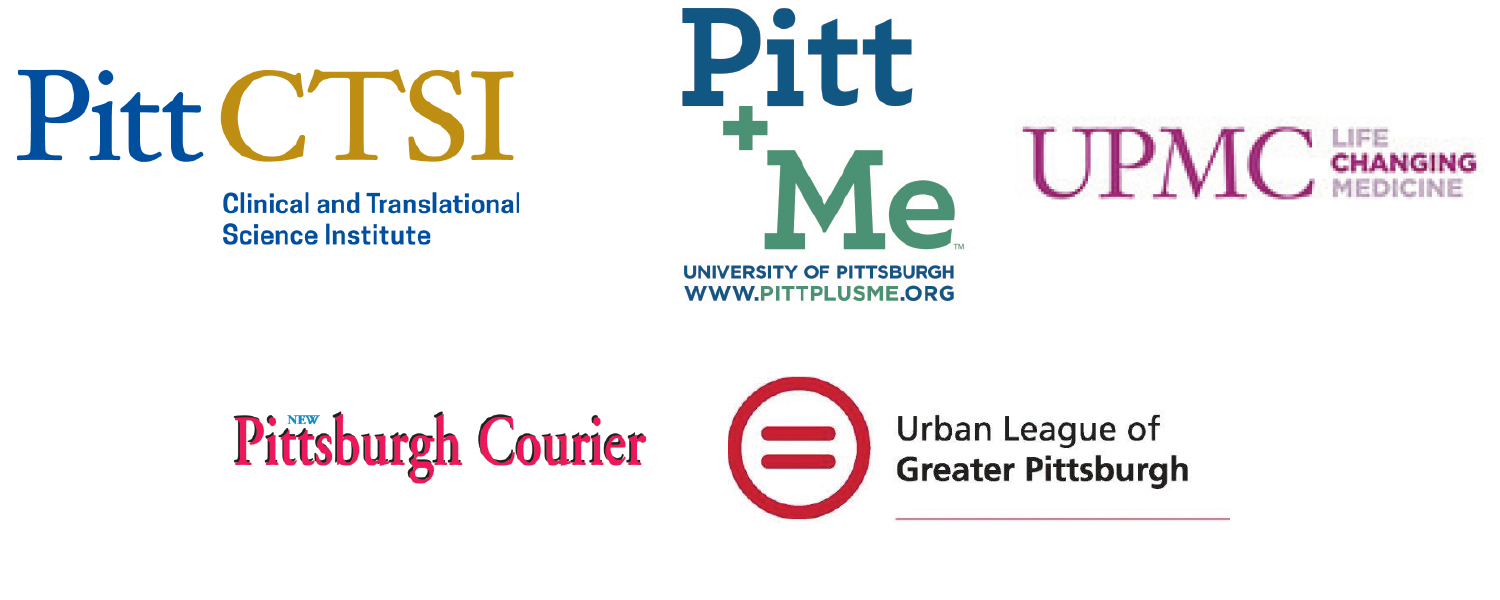A young woman is doing a breast ultrasound for preventive breast cancer care. Getty Images
Different groups of people in this country have unequal health status. The inequality comes from a person’s race, gender, age, and financial condition. It’s also the result of education level, lack of health insurance, and access to healthcare facilities and providers.
Black Americans suffer from health disparities more than White Americans. These inequities take a toll on Black people’s physical and mental well-being. The stress can result in higher rates of preventable diseases, including cancer.
To prevent disparity, UPMC Hillman is steadfast in its mission to educate and create programs that give everyone access to healthier lives. That includes partnering with community-based organizations in underserved neighborhoods.
“The most important steps in making sure people have equal access to cancer care is to identify and understand what causes disparities, so we can work together to eliminate them,” says Dr. Monica L. Baskin, Associate Director of Community Outreach and Engagement and Associate Director for Health Equity at UPMC Hillman Cancer Center.
Dr. Baskin has spent her career studying behaviors related to cancer prevention, detection, and treatment in underserved communities, including reducing racial and geographic inequities.
After more than 20 years of research in the Deep South — most recently at the University of Alabama at Birmingham — Dr. Baskin joined UPMC in 2022.
In her new role, Dr. Baskin is committed to giving everyone within the UPMC Hillman network equal access to the center’s high-quality cancer resources. That includes people who live in 29 counties in Western Pa., who need information, screening, and care.
“UPMC Hillman is making life-changing discoveries in cancer prevention and treatment,” Dr. Baskin states. “We want everyone to benefit from them.”
To make sure that happens, Dr. Baskin is mindful of UPMC Hillman’s designation as a National Cancer Institute Comprehensive Cancer Center. “To honor that distinction, we promise to educate and care for everyone equally in our entire area — not just UPMC Hillman patients.”
One of Dr. Baskin’s first tasks is identifying, hiring, and training individuals who will serve as UPMC Hillman’s “boots on the ground” throughout the 29 counties.
She and her team will also be searching for and contacting community leaders and elders — people the community values and respects — and listening to what they have to say.
“I’m calling them ‘listening tours,’ she explains. “Listening is important for understanding. Our goal is to meet with members of a community where they live and hear them tell us what UPMC Hillman is doing well and what we’re not doing well. It’s the best way to begin to understand and break down the barriers to cancer care that cause health disparities.”
